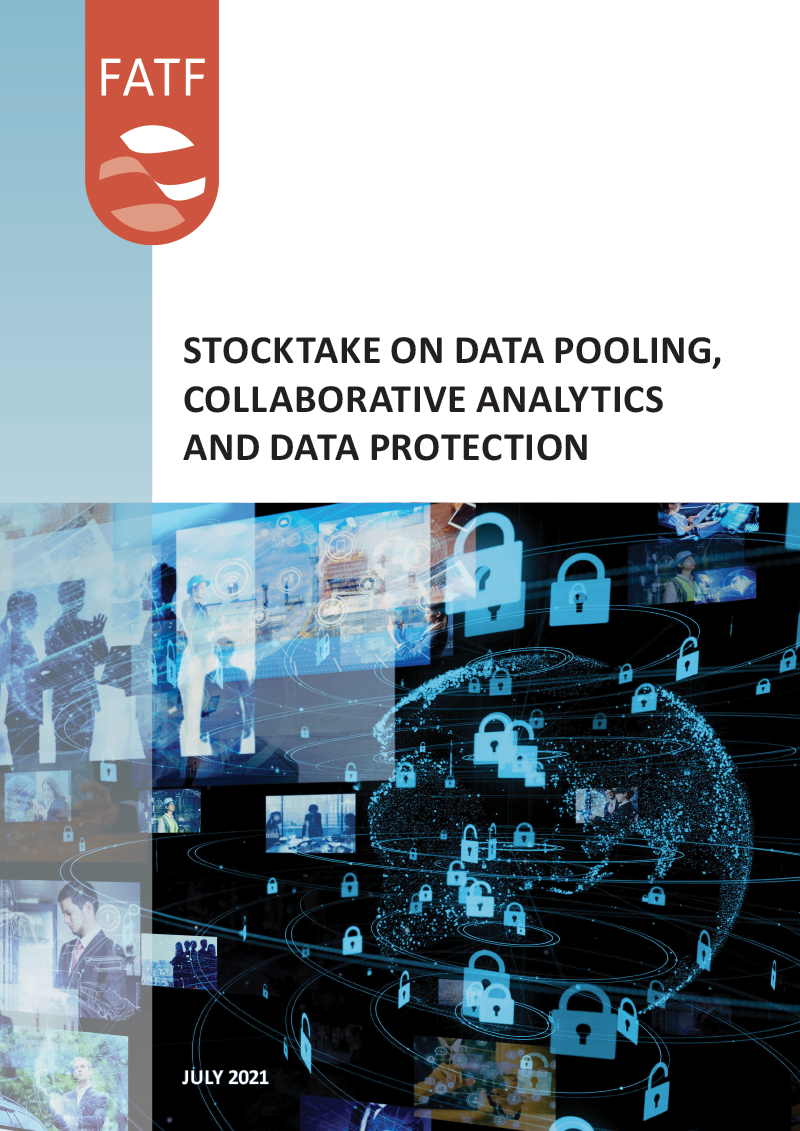Technological advances in recent years allow financial institutions to analyse large amounts of structured and unstructured data more efficiently and identify patterns and trends more effectively. This report examines commercially available or emerging technologies that facilitate advanced AML/CFT analytics within regulated entities. It also looks at technologies that allow collaborative analytics between financial institutions, while respecting national and international data privacy and protection legal frameworks.
Data pooling and collaborative analytics can help financial institutions better understand, assess and mitigate money laundering and terrorist financing risks. This will make it easier, more dynamic, effective and efficient to identify these activities. It can reduce the number of false positives, enabling the private sector to comply in a timelier and less burdensome manner.
It can also help prevent criminals from exploiting the information gaps, as they engage with multiple domestic and international FIs, each having a limited and partial view of transactions. However, it may also infringe on the protection of individual and fundamental rights. Therefore, it is imperative that any exchange of information respects national and international legal frameworks for data protection and privacy.
New and emerging privacy-enhancing technologies offer promising ways to protect information in specific use cases and in line with national and international data protection and privacy frameworks. Privacy-enhancing technologies rely on a range of different cryptographic tools for enabling privacy in various applications. These tools are intended to enable multiple parties to interact meaningfully to achieve an application goal, without revealing underlying private information to one another or to third parties.
Through a questionnaire, engagement with public and private sector experts, and a review of case studies, this stocktake examines commercially available or emerging technologies that facilitate advanced AML/CFT analytics within regulated entities or collaborative analytics between financial institutions, while respecting data privacy and protection. This report also includes an analysis of the intended objectives and drivers for the use of these new technologies and identifies policy considerations and potential solutions raised by questionnaire respondents and experts when considering or deploying such technologies. This report acknowledges that AML/CFT and data privacy and protection are both significant public interests that serve important objectives, which are neither in opposition nor inherently mutually exclusive.
See also:


 Twitter
Twitter
 Facebook
Facebook
 Instagram
Instagram
 Linkedin
Linkedin
